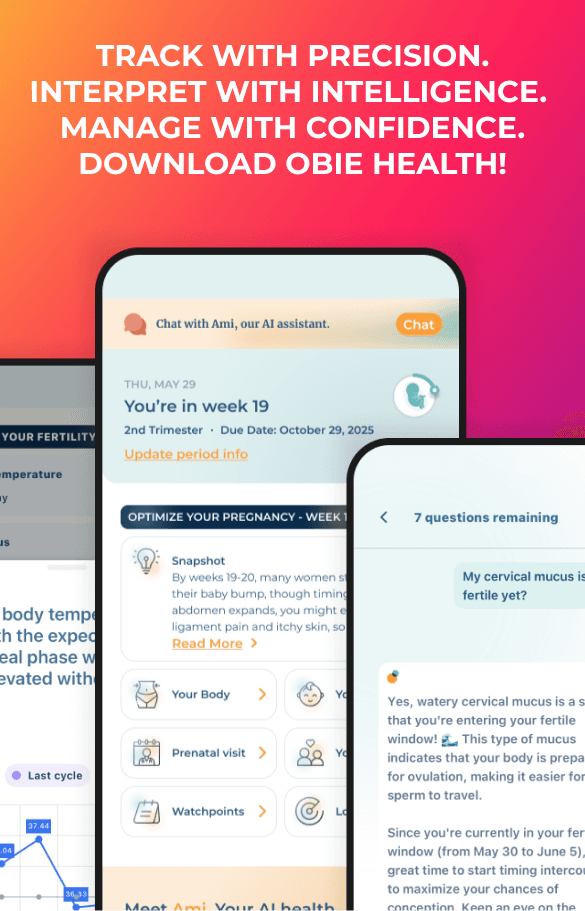Fetal Hiccupping in the Womb
Obie Editorial Team
The end of your pregnancy is approaching, and at this stage, you're likely attuned to every little change. It’s understandable; the journey through the first two trimesters has been significant, and you’re hoping for a smoother experience in the third. Your doctor will likely advise you to be attentive to your baby’s movements as a way to ensure their well-being. Typically, during the last trimester, your baby should be quite active, and any lack of movement can be a cause for concern. However, you may notice something quite peculiar: small, rhythmic movements that go on for a bit. These are probably your baby’s hiccups.
Baby Hiccups Are Not Unusual
It might seem odd to think of an unborn baby having hiccups, but it’s actually very common. Although they can start as early as the first trimester, you won't typically feel them until your baby has grown larger, usually by the second or third trimester. Some babies experience hiccups daily.
Knowing that these hiccups are causing the unusual spasms can give you some peace of mind. They’re perfectly harmless for the most part and are usually a sign that your baby’s reflexes are developing. Even though these hiccups are normal, it’s still a good idea to mention them at your next doctor’s visit, just to rule out rarer conditions like cord compression. Rest assured, cord compression is rare, and your doctor will routinely check for it during your ultrasounds.
Check Fetal Movement
Interpreting fetal movement can be tricky because you can't know exactly what your baby is up to in there. However, as a general rule, any movement is better than no movement, so hiccups should be a reassuring sign.
If you notice that your baby isn’t moving in the third trimester, it's essential to contact your doctor right away. As you near the end of your pregnancy, keeping track of your baby’s movements can alert you to any potential issues. A noticeable decrease in movement might indicate a problem, so prompt medical advice is important. On the other hand, if you notice your baby has occasional hiccups, especially near your due date, it's usually a positive indicator that things are progressing well.








